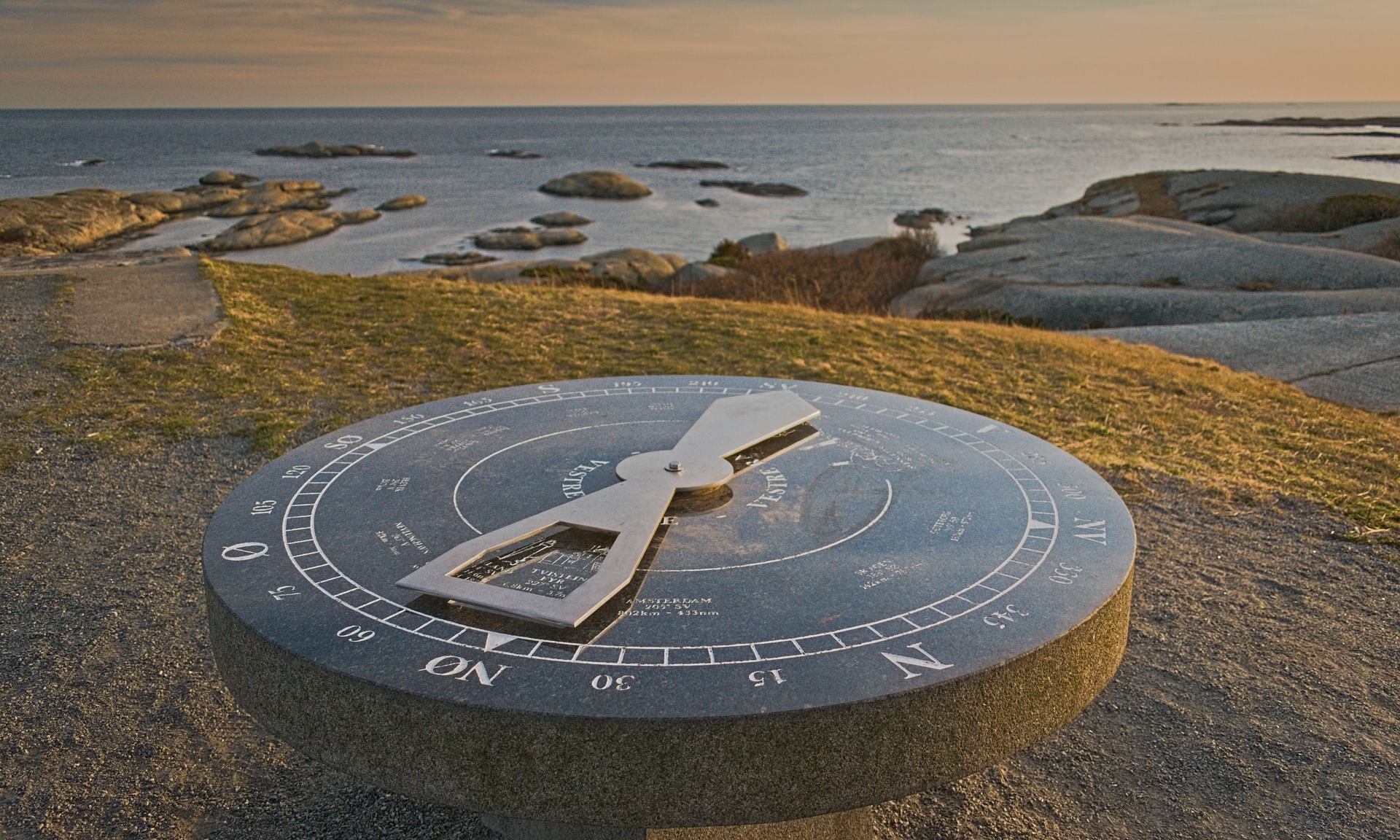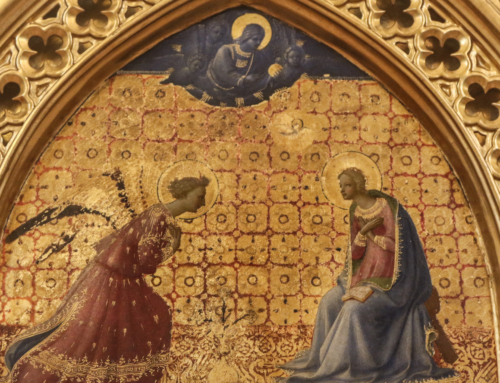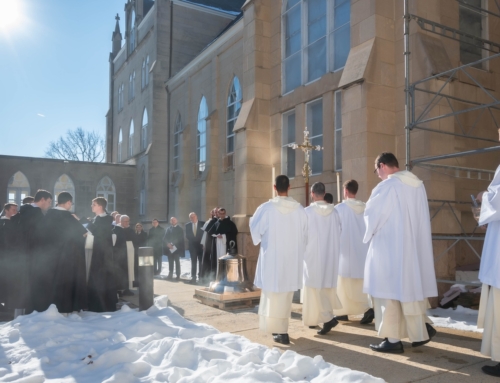The Incarnation has a timestamp. The birth and ministry of Jesus aren’t lost in the mist of pre-history; they happened at a particular moment that tells us who Jesus is and what he brings.
Yesterday’s Gospel shows John the Baptist in the desert on the fringes of a great empire. Tiberius Caesar rules this empire, stretching from Spain to Syria, from the forests of Germany to the Nile River in Egypt. Tiberius was the adopted son of the “divine” Augustus, the first Roman emperor. Augustus had united the Mediterranean world and brought stability after generations of war and political violence. In bringing stability, Augustus played on a deep longing gripping the world: the desire for a savior. An ancient inscription recalls his birthday as the “birthday of the god” sent “as a savior.” This imperial propaganda painted the emperor the lord of the world and bringer of salvation.
But Augustus and Tiberius were only shadow saviors, only pale imitations of the real thing. Their claims to lordship and salvation merely set the stage for the definitive moment of history: the coming of the true Lord of the world, the advent of the only true Savior. The emperors were masters of the Mediterranean world, but Jesus is the King of the universe. The emperors ruled for a fleeting moment, but Jesus reigns forever.
Because the emperors could only ape the lordship of Jesus, they could only bring a fake, watered-down salvation. What the emperors brought was a pseudo-peace, which they enforced at spear-point. After his country had been conquered, his army slaughtered, his land ravished, and his people brutally suppressed by the Romans, one defeated ruler said that the Romans “make a desert and call it peace.” The emperors brought subjection, not salvation.
The contrast with Jesus could not be greater. Jesus subjected himself to save us. As St. Paul tells us, Jesus, “though he was in the form of God, did not count equality with God a thing to be grasped, but emptied himself, taking the form of a servant, being born in the likeness of men” (Phil 2:6-7). While the emperors exalted themselves, Jesus humbled himself. What the emperors tried to do by making themselves gods, Jesus actually accomplished by making himself man. Jesus brought salvation from sin and hopelessness by joining us in our life of suffering. He joined us in the desert.
From the desert, John proclaimed this coming salvation: “all flesh shall see the salvation of God.” Jesus is the salvation of God—God-in-the-flesh making peace, not a desert for all who welcome him. While emperors could make a desert, only Jesus can fill every valley, level every mountain and hill, straighten every winding road, and smooth every rough way. Only he can fill the “age-old depths and gorges” (Bar 5:7).
The Incarnation of Jesus has a timestamp, but his salvation is timeless. The ministry of Jesus isn’t locked into a fleeting moment of history. Advent reopens our eye to who Jesus is: Our Lord and Savior. In Advent, we prepare not just for the coming of the Savior at the first Christmas and on the last day. In Advent, we also prepare for our Savior coming here and now. What are those “age-old depths and gorges” in our hearts that cry out to be filled? What needs straightening and smoothing in our lives? What deserts need peace?
✠







